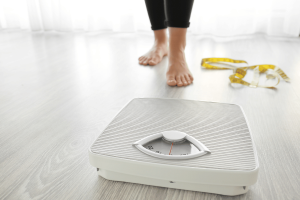Determining the best protein bar for weight loss can depend on individual preferences, dietary needs, and goals. However, there are certain factors to consider when selecting a protein bar that can support your weight loss efforts. Let’s explore some key considerations:
- Nutritional Profile: Look for a protein bar that is relatively low in calories, added sugars, and saturated fats. Aim for a balance of macronutrients, with a moderate amount of protein, a reasonable amount of healthy fats, and a source of complex carbohydrates or fiber. Ideally, a protein bar should provide around 150-250 calories, 10-20 grams of protein, and less than 5 grams of added sugars.
- Ingredient Quality: Choose protein bars with minimal artificial additives, preservatives, and hydrogenated oils. Look for bars made with whole food ingredients and a clean ingredient list. Opt for natural sweeteners like stevia or monk fruit extract rather than high amounts of refined sugars.
- Protein Source: Consider the protein source in the bar. Whey protein, soy protein, and pea protein are commonly used in protein bars. Choose a protein source that aligns with your dietary preferences and needs. Some individuals may prefer plant-based protein bars, while others may opt for animal-based proteins.
- Hunger Satisfaction: Protein bars can help satisfy hunger between meals. Look for bars that contain a good balance of protein, fiber, and healthy fats, as these nutrients can help you feel fuller for longer. Choose bars with a sufficient amount of fiber (around 3-5 grams per bar) to aid in satiety.
- Muscle Recovery: Protein bars can support muscle recovery after exercise. Opt for bars that provide an adequate amount of high-quality protein to assist in muscle repair and growth. Depending on your activity level and goals, you may aim for a higher protein content.
It’s important to note that while protein bars can be a convenient and portable snack, they should not replace whole foods in your diet. They can be used as a supplement to support your weight loss efforts, but a balanced diet consisting of whole foods is crucial for overall health.
It’s advisable to read product labels, compare different brands, and consider individual dietary needs and preferences. Experimenting with a few different protein bars can help you find the one that suits your taste preferences and satisfies your nutritional requirements.
Remember, protein bars should be part of a comprehensive weight loss plan that includes a balanced diet, regular physical activity, and other healthy lifestyle habits. If you have specific dietary concerns or restrictions, it may be helpful to consult with a registered dietitian who can provide personalized advice based on your individual needs.






